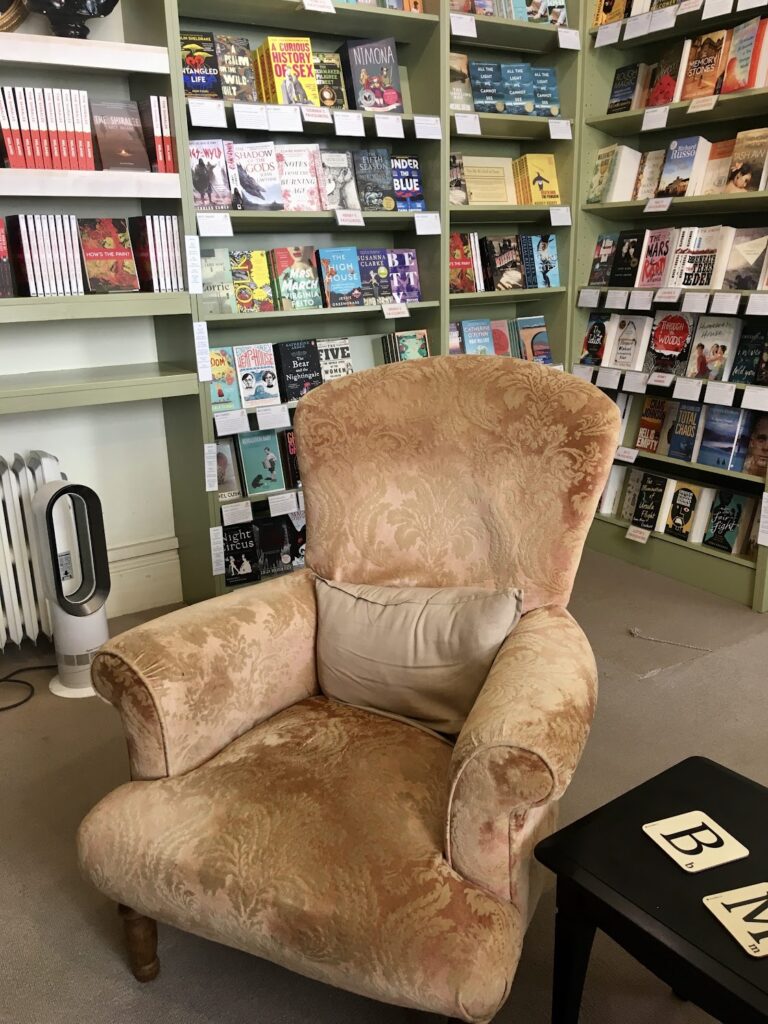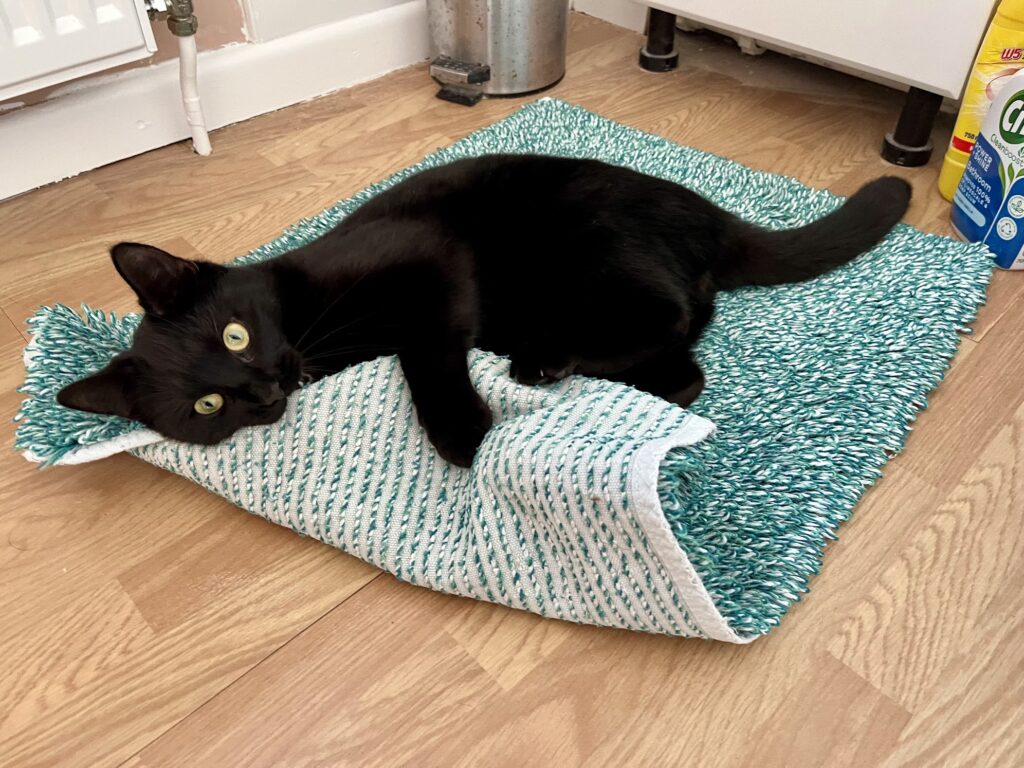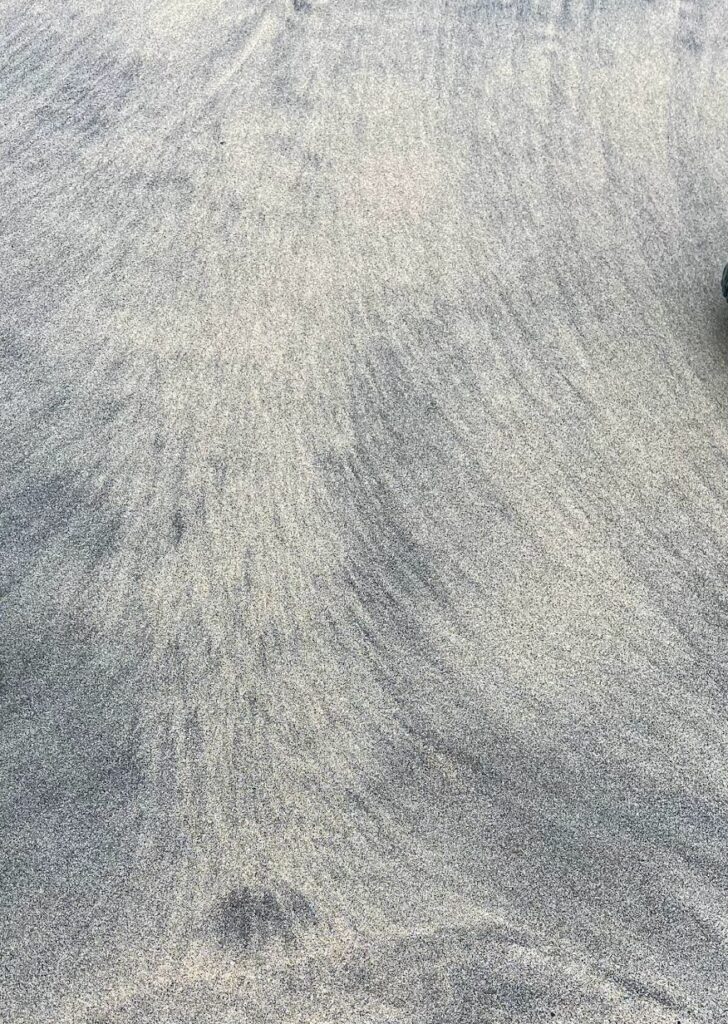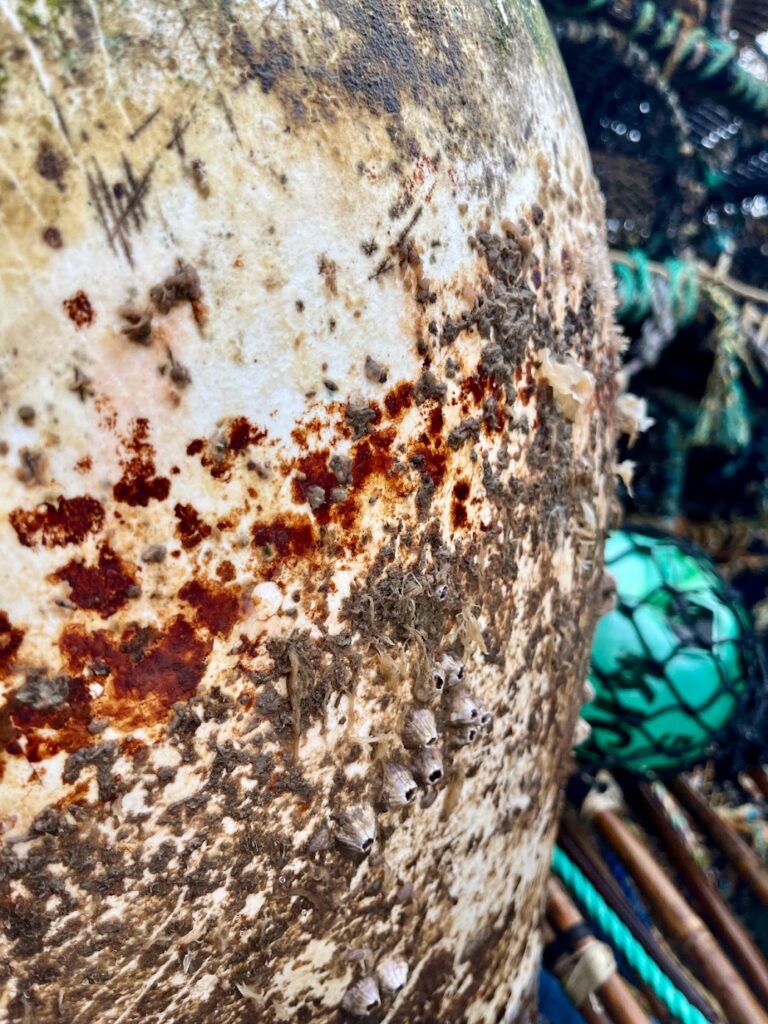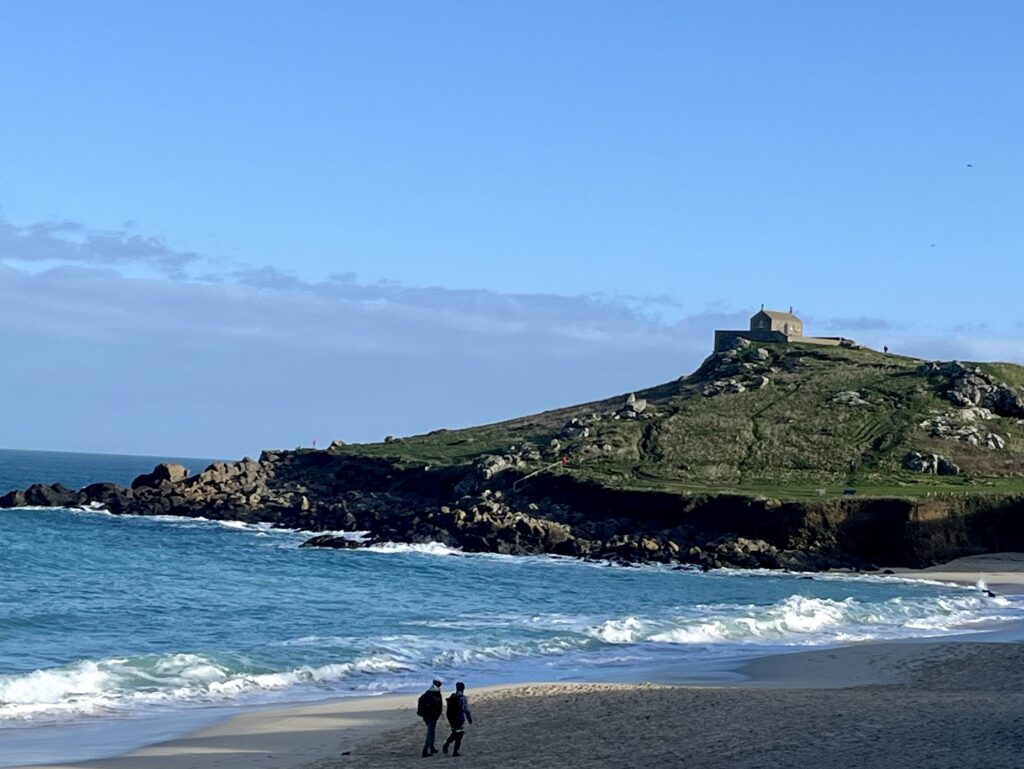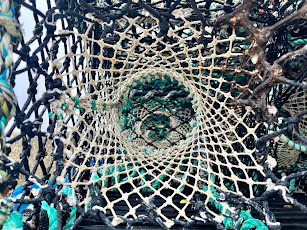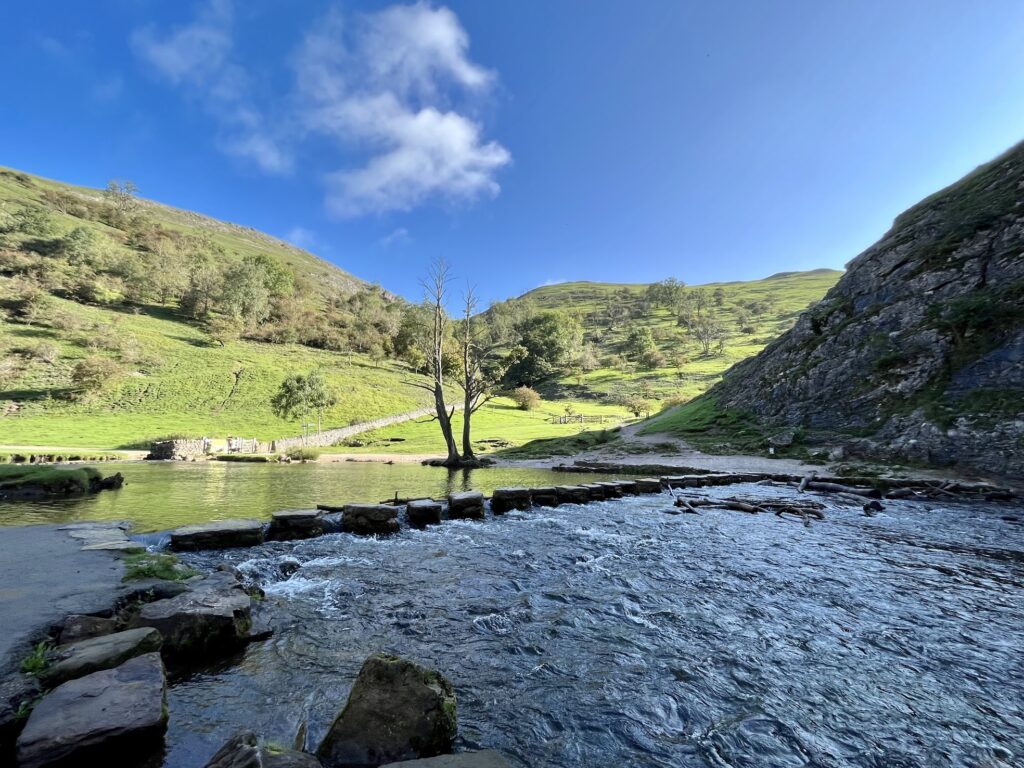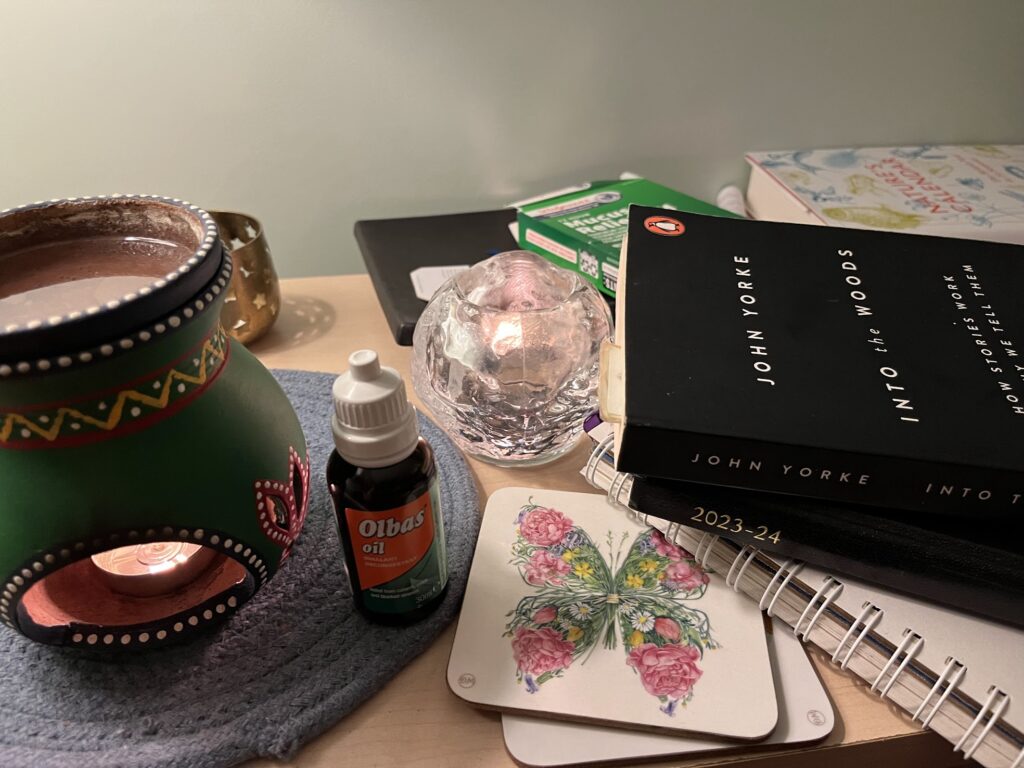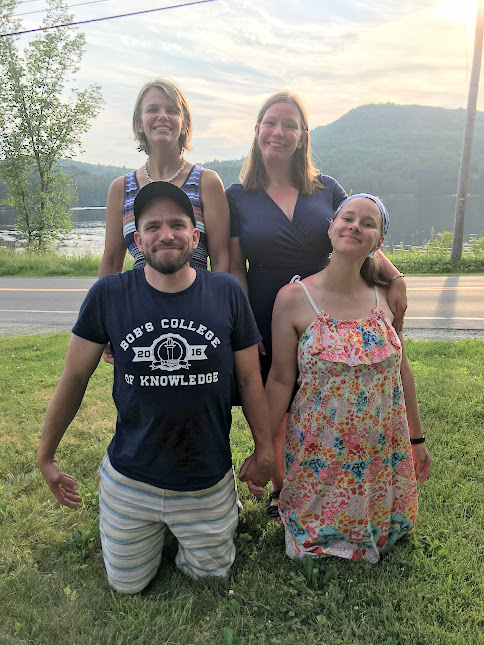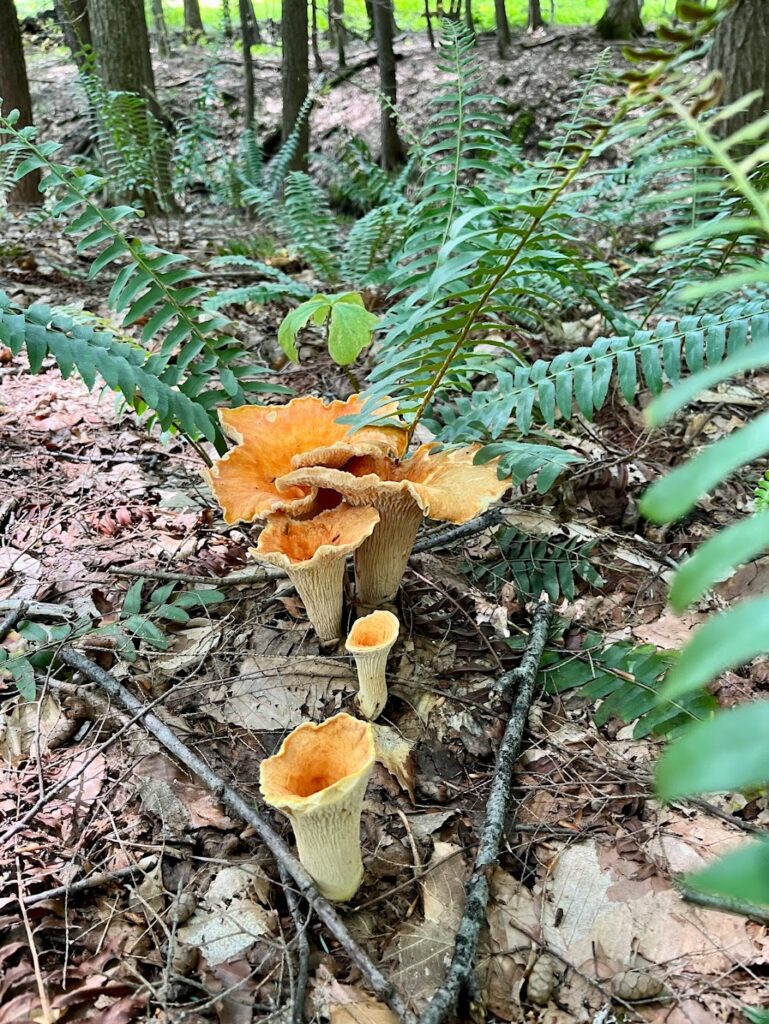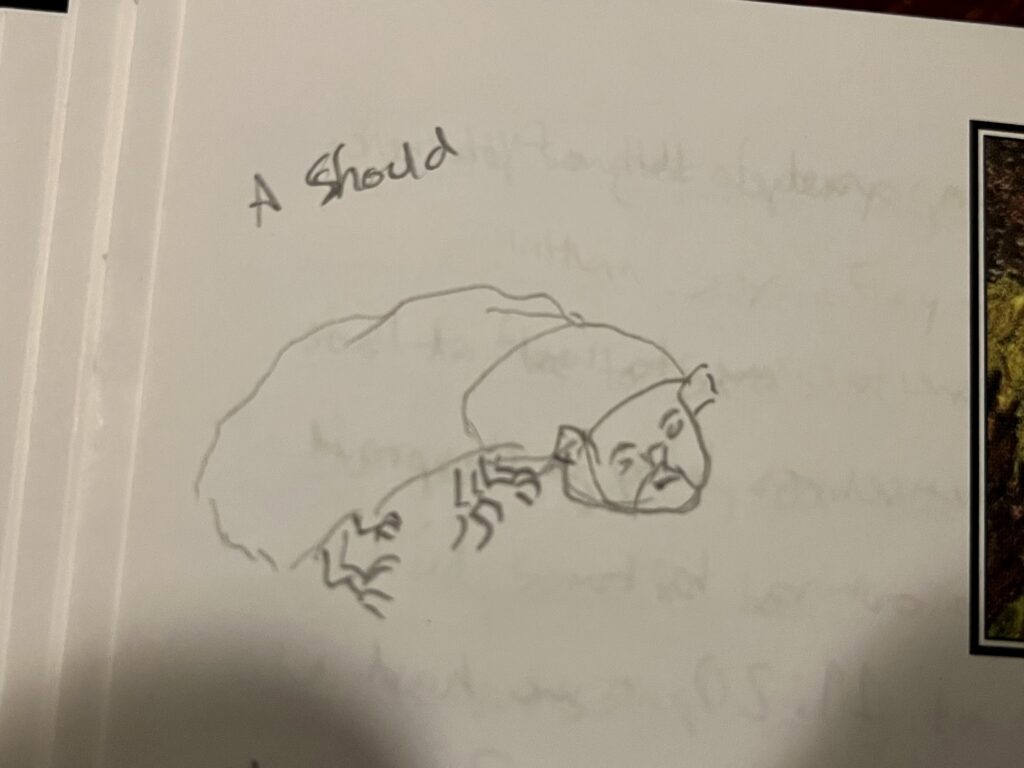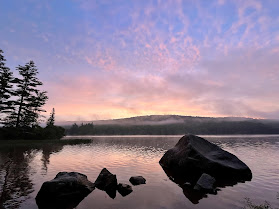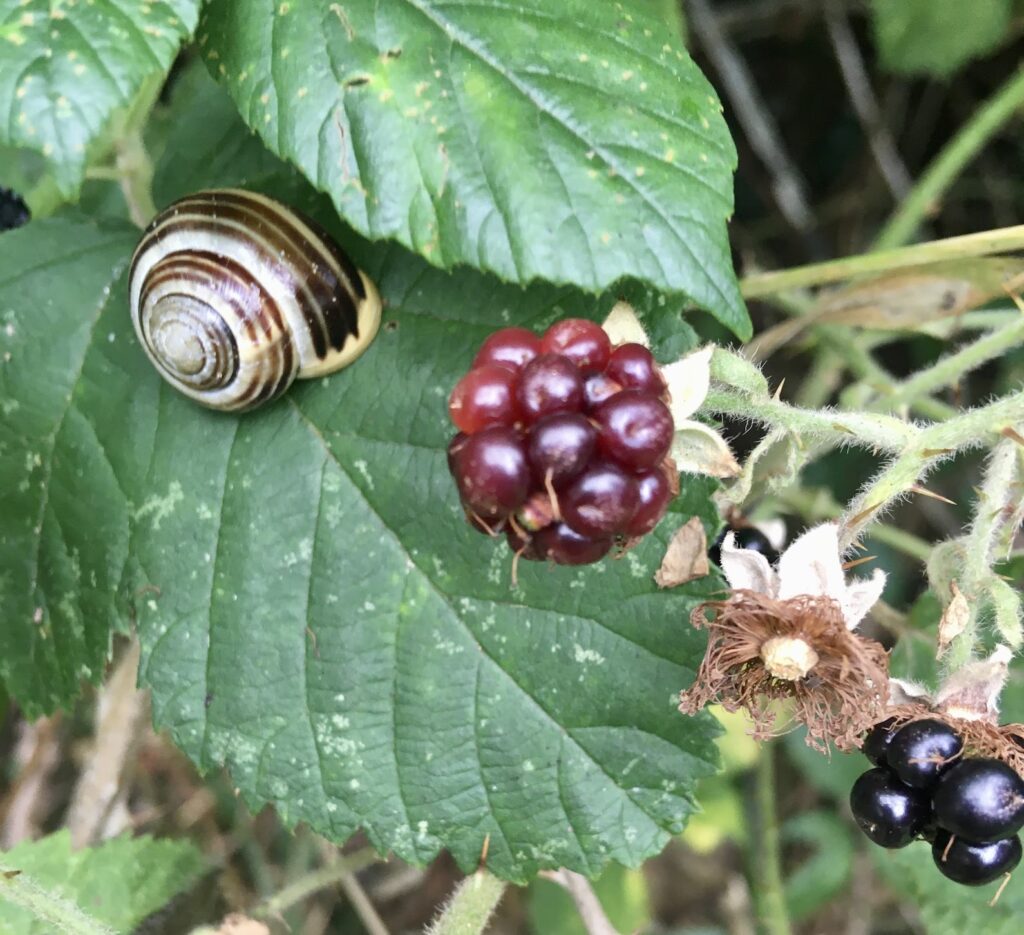This Week’s Bit of String: Hyperspace snowstorm
One of my students, finishing up her penultimate year of school and diligently researching university options, is becoming almost paralysed with anxiety. She explains, “I don’t like thinking about the future, because then I think too far ahead. Like hundreds of years, or hundreds of thousands of years.”
“And it all depends on which uni you go to?” I ask, imagining the alternative timelines which might be thus affected.
“No. So it makes me feel insignificant.”
I see the bind she’s in. Berating herself for her insignificance won’t help her feel any less anxious and confused. I suddenly have an image of her exceptionally intelligent thoughts as a vehicle driving into a snowstorm, the blizzard flying almost horizontally at you as if you’re zooming past stars in hyperdrive.

I’ve been in an end-of-term rush myself. When I stop to reflect for a moment, as modelled by writer and life coach Liz Champion, I realise it’s been a hell of a term. In the last few weeks, students I’ve worked with for years have taken their exams and left. My kiddo just moved into their first apartment, while I try to support from across the ocean. At the same time, I sent queries and novel extracts to agents, after another careful edit. A friend died the day before the second anniversary of another friend’s death. I’m still dieting and not sleeping a tonne, packing and organising for my summer trip home while also cleaning the house and weeding the entire garden so it’s set for the catsitters.
I’m not even really reflecting here. I’m merely cataloguing. If I stopped and felt the loss, some part of me would counterbalance it by acknowledging the many greater crises in the world, and I too might get stuck between my own sharp pain and my global insignificance. In case you’re overwhelmed this time of year, let’s do a quick round-up of things that keep us going.
Goals of Fun
Before parting with my hyperspace-minded student for the summer, I made her a “Summer Pick and Mix” list. I used to do this with my kiddo when a problem loomed: we’d sit down and make two lists: Goals of Need, Goals of Fun. Not my catchiest or most articulate idea, but for the things we need to accomplish, it really helps to break them down into small steps.
And so we don’t get overwhelmed by what we have to do, there’s the fun. I’ve been known to write things on my to-do list like: Re-watch WALL-E (my favourite Pixar film–the detail! The storytelling!) or: Eat a bowl of cereal while reading a book.

For my student, apart from putting links on her list to research the courses she’s interested in, and breaking her homework assignments into weekly chunks, I added links to relaxing activities like chair yoga and mandala colouring, interior decorating, and Bob Ross’s happy little trees. I recommended writing a shape poem about her cat, and reading “Wild Geese” by Mary Oliver—especially when she’s feeling inadequate. I haven’t worked out yet what I’m going to do to relax this summer, or if I’ll have time. But I might look at a few of those links.
Do you have any methods that really tick that de-stressing box?
Words of Power
I’ve gone entire school terms or more ensuring a certain anthem plays in my earbuds while I bustle through the school gates. Years ago it was “I Believe” from Book of Mormon, “One Foot” by Fun., and this year’s exam season was survived thanks to “Odds Are” by Barenaked Ladies. The video is hilarious. Maybe things aren’t going remotely ok. But you can put on a brave face and laugh about it.
Searching for memorial quotes to honour our late, great writing friend Sarah Tinsley, I was reminded of how she personally and tirelessly encouraged and inspired so many (she was the first person to read my novel that’s now, terrifyingly, out on submission), and also that we all have that potential.
Here’s an excerpt from “Let Me Tell You About the Moon” by multilingual poet Elizabeth M Costello in her gorgeous little volume Cajoncito: “Let me tell you that you and I are gardeners. I cultivate words, sowing them here and there, watering them, and teaching them how to worship the sun as they should… and to venerate the trees, not only for their height, but also for the honour and honesty that courses through their sweet sap, and that the bravest among them is not always the tallest.”

Likewise, I’ve always been inspired by this wonderful quote from Erin Morgenstern’s The Night Circus: “You may tell a tale that takes up residence in someone’s soul, becomes their blood and self and purpose. That tale will move them and drive them and who knows that they might do because of it, because of your words. That is your role, your gift. Your sister may be able to see the future, but you yourself can shape it, boy. Do not forget that… there are many kinds of magic, after all.”
And what about these words from Sarah herself? Our fellow writer Rita Gould reminded us Sarah said on her Substack The Disorganised Creative: “There’s that strange connection between me sitting at this laptop and you being wherever you are reading this. Maybe you and I have just made the world a tiny bit better, across the space of words between us.”
When we are far from those we love, when the future we face seems to render us insignificant, it helps to remember that even a single connection, even online and not in person, can really give someone a boost. And then maybe that encouragement renews them enough to encourage others, and on it goes… Keep boosting the world in your little ways, friends.









